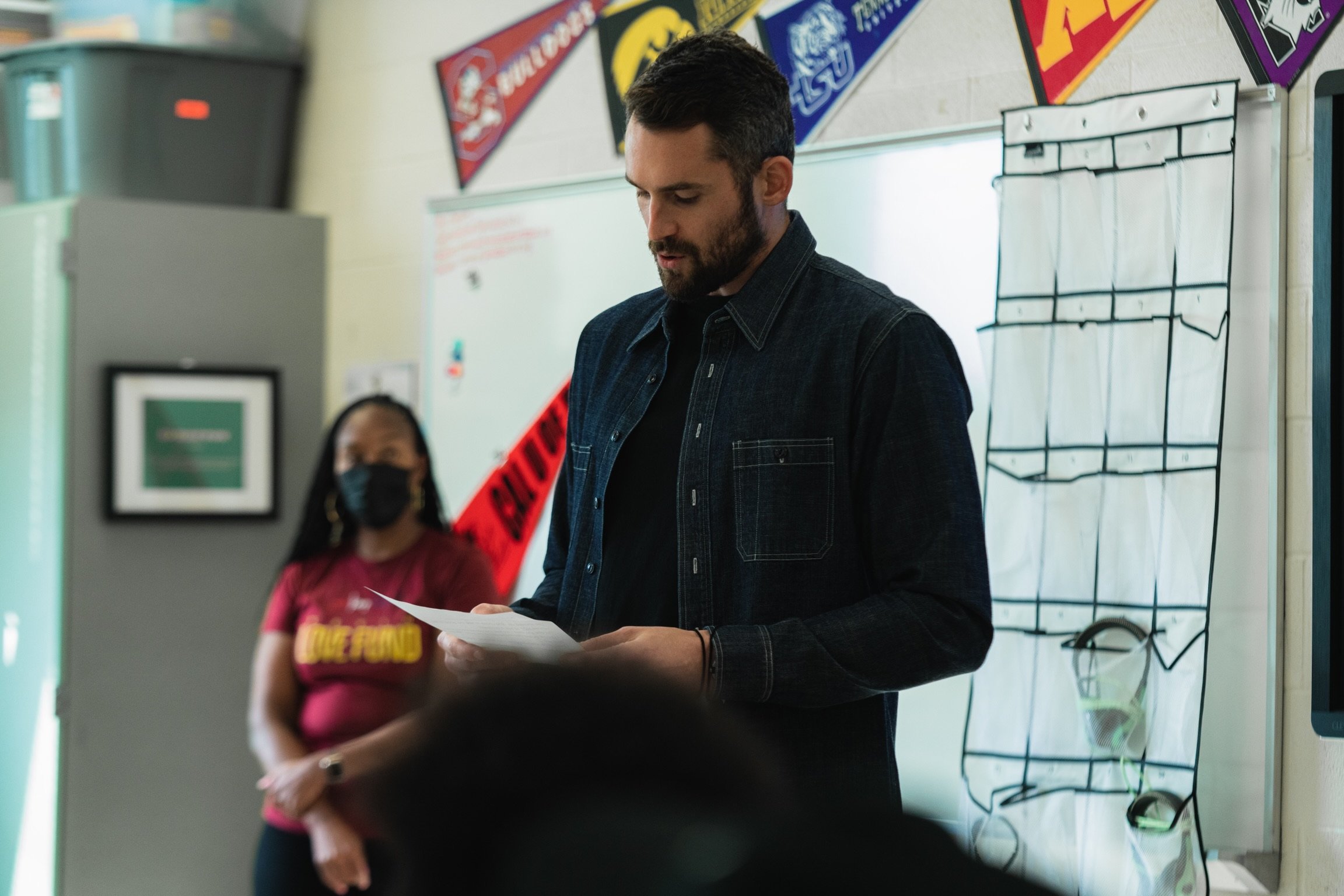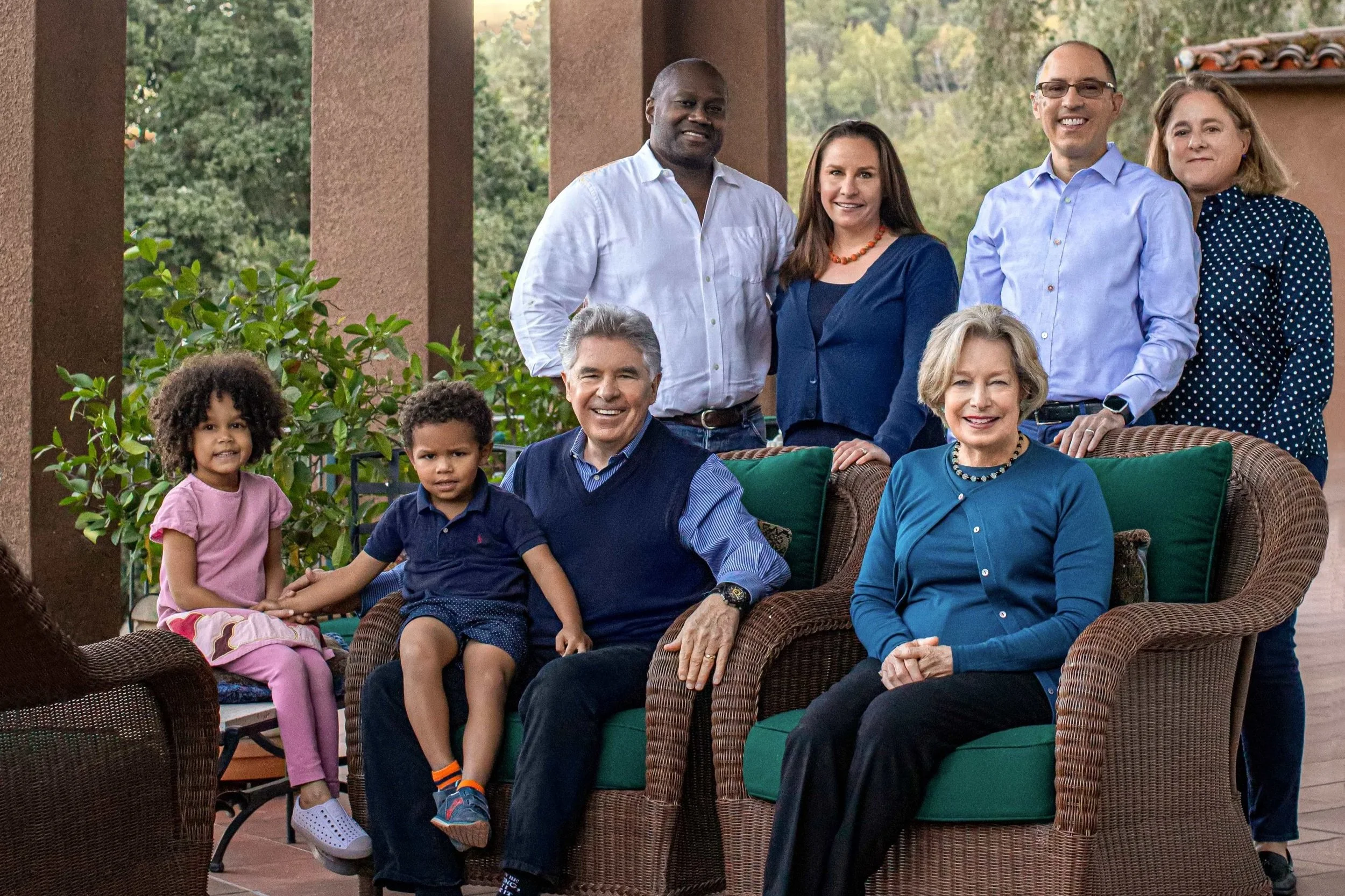Out of the "Philanthropic Shadows." As the Toll from Opioids Grows, Who’s Giving for Addiction Medicine?
/The American Society of Addiction Medicine estimates that over 500,000 people in the United States have a heroin-related substance abuse disorder and 2 million people are dangerously caught up in prescription pain reliever abuse. A 2014 survey indicated that 75 percent of heroin addicts were “introduced to opioids through prescription drugs.” Over 30,000 Americans died in 2015 from heroin or opioid overdoses. The number of U.S. deaths involving opioids has quadrupled since 1999.
Despite these alarming statistics, we're struck by how few foundations and major donors are dedicating resources to combating what's been called America's worst drug crisis ever. Even fewer funders are supporting the specific field of addiction medicine, which has a key role to play in addressing the crisis.
Lately, though, we've been seeing a little bit of movement in this space.
Related:
- It’s Now the Worst Drug Crisis in the U.S. Where are All the Funders?
- Off the Hook: A Funder Takes on Heroin and Opiate Addiction
John Grayken—founder of the global private equity firm Lone Star—and his wife Eilene recently made a $25 million pledge to Boston Medical Center (BMC) to create the BMC Grayken Center of Addiction. The Grayken’s donation is the largest gift received by the Boston Medical Center to date. While the couple did not go into specific details regarding the motivation for the gift, Eilene Grayken did comment that drug addiction is “something that our immediate and extended family have had experience of.”
BMC called the gift a “turning point in addiction funding,” and Kate Walsh, president and CEO of Boston Medical Center, highlighted the transformative nature of the donation “because it brings addiction medicine out of the philanthropic shadows.”
Walsh makes an important point. As we've noted in regard to mental health, donors can be reluctant to make big gifts in areas that still carry stigma in society. Many people who've had family members struggle with serious personal problems guard their privacy; it takes courage for donors to make high-profile gifts that draw attention to how a loved one has coped with a challenge like bipolar disorder or heroin addiction. The Graykens' substantial gift is admirable in that respect—and hopefully it will encourage more donors with first-hand experiences to emerge from the shadows and support anti-addiction efforts at a critical moment.
The $25 million funds research, treatment, training, and prevention programs in the field of addiction medicine. BMC also has plans to put the money toward fighting the growing public health crisis of drug addiction and the opioid epidemic.
In 2016, close to 2,000 people died in Massachusetts from opioid overdoses—five times the number of deaths caused by car accidents. BMC's location is actually near the epicenter of Boston’s opioid epidemic, not far from a stretch of Massachusetts Avenue referred to as “Methadone Mile.”
The Graykens, who, until now, have made the majority of their donations anonymously, now rank as among the largest donors for addiction medicine in recent years.
Another funder engaged with opioid abuse and recovery issues is the Smithers Foundation.
For six decades, Smithers has been one of the few funders out there paying attention to addiction medicine, mainly the prevention and treatment of alcoholism. Recently, the foundation has become increasingly dedicated to fighting the growing heroin and opioid epidemic, having increased its funding to outfits like the Long Island Council on Alcoholism and Drug Dependence (LICADD) and buying a full-page ad in the New York Times. In the ad, the foundation highlighted the need for increased funding for alternatives to incarceration for addicts and treatment services.
Of course, the Conrad N. Hilton Foundation is a major funder in the addiction space, as we often report. Additionally, we recently wrote about a new funding effort by the General Electric Foundation to combat drug abuse, specifically in Massachusetts.
Related: How a Corporate Funder Is Taking On the Opioid Epidemic
But again, one has to ask: With so American dying annually from drug overdoses, why hasn't there been a larger philanthropic response?



























